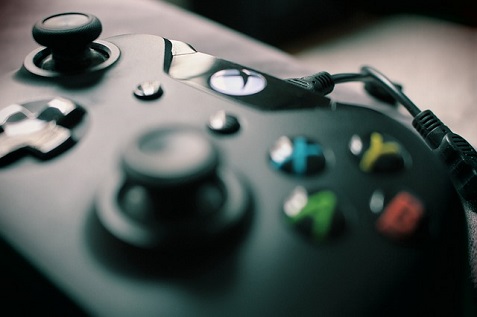Students, Gaming and E-sports: Everything you need to know

Over in China, students are not only prepping for their exams but also for e-sport tournaments. These young players are small fries in the world of gaming, but as they move up the ladder and join teams to defeat other players on games such as “Counterstrike,” “DOTA” and “StarCraft,” they could build a career for themselves and earn cash, all while doing something they love.
Online platforms such as Twitch are allowing more and more gamers to showcase their skill, and the most popular ones pull in millions from sponsored advertisers who feature their products on the side of the screen. For some, it’s funding their time studying, as they juggle gaming with writing essays and attending lectures.
E-sports is now a phenomenon in itself – there’s even talks of introducing it to the Olympic Games in the future – as more and more brands notice the appeal and sponsor events. Not only does this raise the profile of major e-sports events further, but it also ensures they pocket plenty of cash themselves. (Queue sassy woman emoji, although apparently that’s not what that emoji represents).
E-sports has even gone mobile, with sites such as Skillz offering mobile gaming tournaments and most recently opening up the playing field to brand sponsorship of certain games. Skillz is attracting a larger player base, mainly because so many of us play games on our smartphones now, and it also offers cash prizes for winning tournaments, which is ideal for students looking to earn some spare cash while doing something they enjoy.
Colleges in America are now offering scholarships to those who excel at E-sports, and in the UK, more and more universities have their own leagues or societies for those who play. It’s allowing those who don’t excel on the football field or with a hockey stick to find their feet while studying, make new friends and improve their gaming skills. Universities up and down the UK now offer ‘guilds’ for new students to join and play E-sports together; these teams could turn professional if good enough and could even develop into a system similar to those seen in China and Korea.
China is already on the ball when it comes to such a development, as its colleges have given E-sports official recognition and created leagues for students to play in. The students don’t win money for winning tournaments and they “cannot put gaming on top of their studies,” according to Kenneth Chang, Deputy Secretary of the organising committee of the China Universities E-Sports League. However, this suggests that the shift in how gaming is perceived is steadily moving towards positivity.
It’s also been proven that gaming is great for the brain, improving memory and reaction times the more you play. While the improvement in reaction times doesn’t necessarily translate into playing real sports, it’s helpful when it comes to improving in a gaming league. This is another reason why gaming is being encouraged by Chinese colleges. If it’s good for the brain, it’s great for their studies.
Gaming is a more constructive use of a student’s spare time than watching TV or drinking with friends, which is why it is being pushed now. If you’re a student reading this, don’t feel guilty for loading up the laptop or PS4 for a round of “Counterstrike” or “Overwatch” – it could improve your chances of better grades or even a future career.





